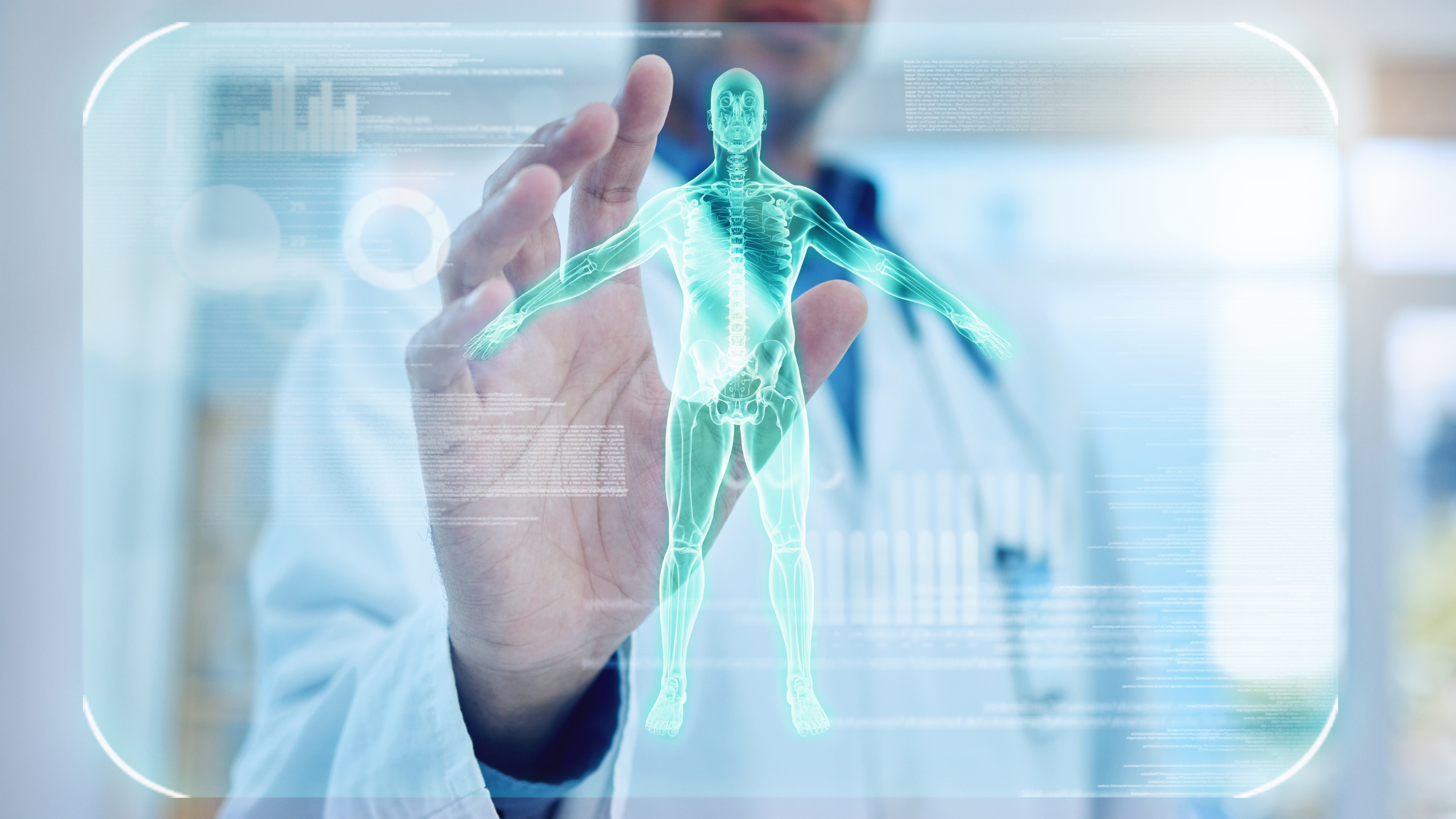Artificial intelligence (AI) offers unprecedented opportunities for innovation and improved patient care. From drug discovery and development to medical imaging and diagnostics, AI is revolutionizing how healthcare is delivered and experienced. Let’s explore some of the key areas where AI is making a significant impact and highlight emerging educational programs that are preparing the next generation of healthcare professionals for this exciting new era.
Drug Discovery and Development
The traditional process of drug discovery and development is notoriously lengthy, expensive, and inefficient. It can take over a decade and billions of dollars to bring a new drug to market. AI offers the potential to significantly accelerate this process and reduce costs by:
- Target identification and validation: AI algorithms can analyze vast datasets to identify promising drug targets and predict their efficacy and safety.
- Discovering new molecules: AI can be used to identify potential drug candidates that may have been overlooked by traditional methods.
- Clinical trial optimization: AI can help optimize clinical trial design and identify suitable candidates, leading to more efficient and successful trials.
- Drug repurposing: AI can identify new uses for existing drugs, potentially leading to faster and cheaper treatments for various diseases.
Program Example:
- UCSF – Master of Science in Artificial Intelligence and Computational Drug Discovery and Development: This program trains students to apply AI and data science techniques to the drug discovery and development process.
Medical Imaging and Diagnostics
AI is transforming the field of medical imaging and diagnostics, enabling faster and more accurate diagnoses. AI algorithms can analyze medical images such as X-rays, MRIs, and CT scans to detect abnormalities with greater speed and accuracy than human clinicians alone. This can lead to earlier diagnosis and treatment, ultimately improving patient outcomes.
Program Examples:
- University College London – Artificial Intelligence and Medical Imaging MSc: This program focuses on the application of AI techniques to medical image analysis.
- Radiological Society of North America – RSNA Imaging AI Certificate Programs: These programs provide radiologists with the knowledge and skills to use AI in a medical imaging setting.
Patient Monitoring and Care
AI-powered tools and technologies are being integrated into clinical settings to enhance patient monitoring and care. These include:
- Smart wearables: Wearable devices can monitor patients’ vital signs and activity levels, providing real-time data to healthcare providers.
- Medication management software: AI can help ensure patients receive the correct medications at the right time.
- Clinical decision support systems: AI can assist healthcare professionals in making informed clinical decisions.
- Predictive analytics: AI can help identify patients at risk of developing certain conditions or complications.
Program Examples:
- Florida Atlantic University – BSN to M.S. in Artificial Intelligence: This program combines nursing with AI to prepare nurses for the future of healthcare.
- Florida State University – Master of Science in Nursing with AI Applications concentration: This program offers AI training and skills for practicing nurses.
AI-Assisted Robotics
AI-assisted robots are being used in a variety of healthcare settings, including:
- Robot-assisted surgery: AI is being used to develop and train surgical robots, potentially improving surgical precision and access to care.
- Rehabilitation: AI-powered exoskeletons and robotic devices can assist patients in recovering from injuries and neurological conditions.
- Elder care: AI-enabled robots can provide companionship and assistance to older adults, helping to address the growing demand for elder care services.
Program Examples:
- Carnegie Mellon University – Robotics Institute: This institute offers undergraduate and graduate programs in robotics, with opportunities to specialize in healthcare applications.
- University of Toronto Robotics Institute – Healthcare Robotics (HeRo) NSERC CREATE Graduate Training Program: This program focuses on robotics for surgery, assistance, and rehabilitation, integrating AI and machine learning.
- Johns Hopkins University – Master of Science in Engineering – Robotics: This program offers a specialization in Medical Robotics, preparing students to develop and deploy advanced robotics systems.
The emerging educational programs highlighted could equip the next generation of healthcare professionals with the knowledge and skills needed to navigate future careers in healthcare. As AI continues to advance, we can expect even more innovative applications and educational opportunities to emerge, shaping the future of healthcare for the better.
Want to learn more about the programs reshaping the future of higher education?
Check out our 2025 5 Emerging Programs webinar to see what’s gaining momentum in higher ed and why it matters now more than ever.




